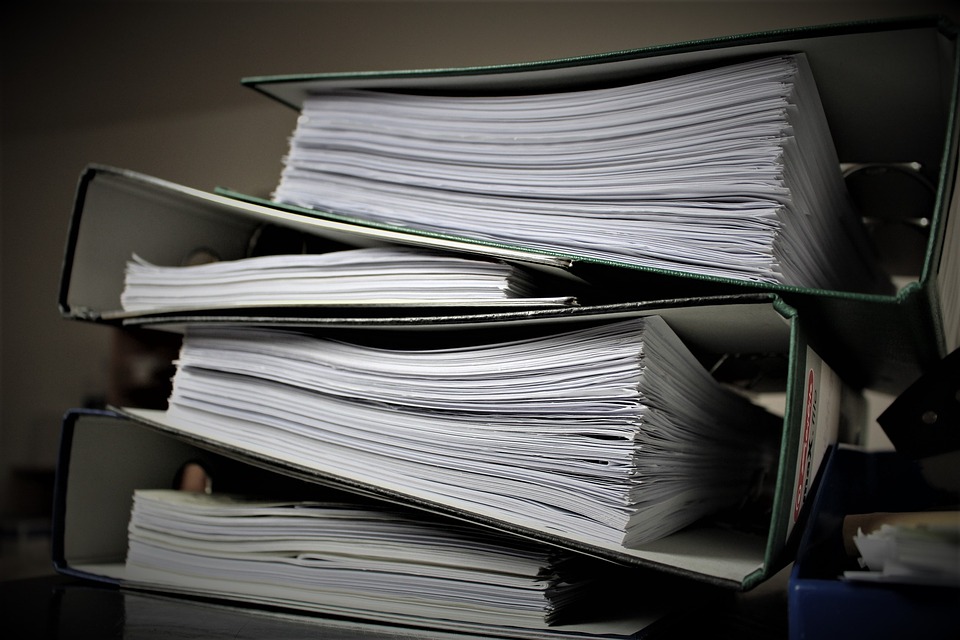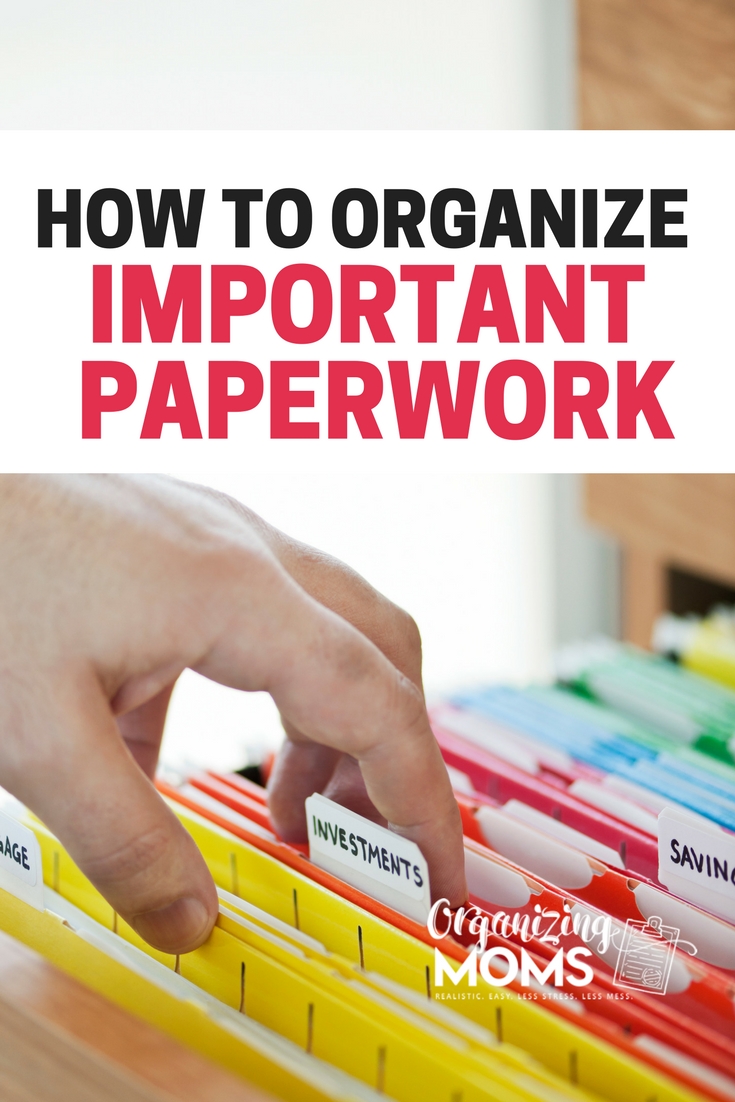5 Essential Tips on Keeping Paperwork After a Loved One Dies

1. Understand the Importance of Document Preservation

Dealing with the loss of a loved one is undoubtedly one of the hardest challenges we face in life. Amidst the emotional upheaval, there's a practical side to attending to as well. The preservation of important documents plays a critical role in managing the affairs of the deceased, settling estates, and ensuring that legal and financial matters are handled appropriately.
Key documents to preserve include:
- Will - A will outlines the deceased's wishes for asset distribution. Having the original can save legal headaches down the road.
- Death Certificate - Multiple certified copies will be needed for various institutions and insurance claims.
- Financial Documents - Bank statements, investment portfolios, insurance policies, and credit card statements provide insight into financial matters.
- Deeds and Titles - Ownership records of property, vehicles, or land need to be safeguarded for probate purposes.
- Tax Returns - The most recent returns may be helpful in understanding financial commitments and obligations.
2. Organize and Digitize Your Documents

After identifying crucial documents, the next step involves organizing them. This can significantly simplify the process of managing affairs. Consider these tips:
- Create physical and digital folders labeled by document type.
- Use document scanning services or apps to digitize paper files. Cloud storage services provide secure backup options.
- Implement a clear naming convention for digital files, making them easy to locate. Example: "Will_Deceased_JohnDoe_20230415.pdf".
- Keep backups of digital files; use multiple external hard drives or cloud storage options.
Storing documents in an organized manner not only helps with the immediate aftermath but also streamlines future reference by executors or heirs.
3. Be Aware of Document Lifespan and Retention Periods

Each document has an associated lifespan, and understanding these can guide your retention strategy:
- Tax Returns - Generally, keep records for seven years, but this can vary depending on local regulations.
- Financial Statements - Typically, one year is sufficient, but retaining statements until accounts are closed can be beneficial.
- Deeds and Titles - Keep these indefinitely as long as the property or assets are owned by the estate.
- Will and Estate Documents - Retain these permanently or until the estate is settled.
📝 Note: Laws and requirements may differ by jurisdiction, so consult with an attorney or estate planner to ensure compliance.
4. Secure Sensitive Information

Given the sensitive nature of financial and legal documents, security is paramount:
- Use a safe deposit box for physical documents or secure, fireproof cabinets.
- Password protect digital files. Employ encryption or password-protected apps for storing documents.
- Regularly update passwords and limit access to family members, executors, or legal representatives.
- Be cautious when sharing digital document access, ensuring you use secure platforms.
5. Plan for the Future

While the immediate focus is on managing the affairs of a loved one, thinking ahead can ease future burdens:
- Discuss document organization and location with close family or executors.
- Consider creating a comprehensive document inventory, which should include locations of both physical and digital documents.
- Prepare a legacy binder or digital version with instructions for loved ones on locating and managing important papers.
- Ensure ongoing maintenance of these documents to reflect any changes in your own life circumstances.
Dealing with paperwork after the loss of a loved one can feel overwhelming, but following these steps provides a structured path to manage this vital aspect. By preserving, organizing, understanding document retention, securing sensitive information, and planning for the future, you're not only honoring your loved one's wishes but also ensuring a smoother transition for those left behind.
In the days and weeks following the loss, taking these measures can give you peace of mind knowing that legal and financial matters are in order, allowing you to focus more on grieving and healing. Remember, this is not just about paperwork; it's about setting up a system that supports you and your family during a time when you need it most.
Why is it important to keep paperwork after someone dies?

+
Keeping paperwork after someone dies is crucial for several reasons. It’s needed for legal estate settlement, to handle financial affairs, fulfill insurance claims, and provide heirs with necessary documentation for asset distribution or tax purposes.
How long should I keep the death certificate?

+
Death certificates should be kept permanently. While multiple certified copies are needed initially for settling affairs, retaining the original certificate indefinitely ensures that any future need or inquiries can be addressed promptly.
What are the benefits of digitizing important documents?

+
Digitizing documents offers several benefits: Easy accessibility, reduced risk of physical damage, searchable content, backups, and the ability to share information securely with executors or family members.
Can I throw away old financial statements?

+
Generally, financial statements can be discarded after one year, but it’s wise to retain them until all accounts are closed or until there are no further potential claims or disputes.
How do I secure sensitive documents?

+
Secure sensitive documents by using safe deposit boxes, password protection for digital files, regular updates to passwords, and by being cautious when sharing access to sensitive information.



